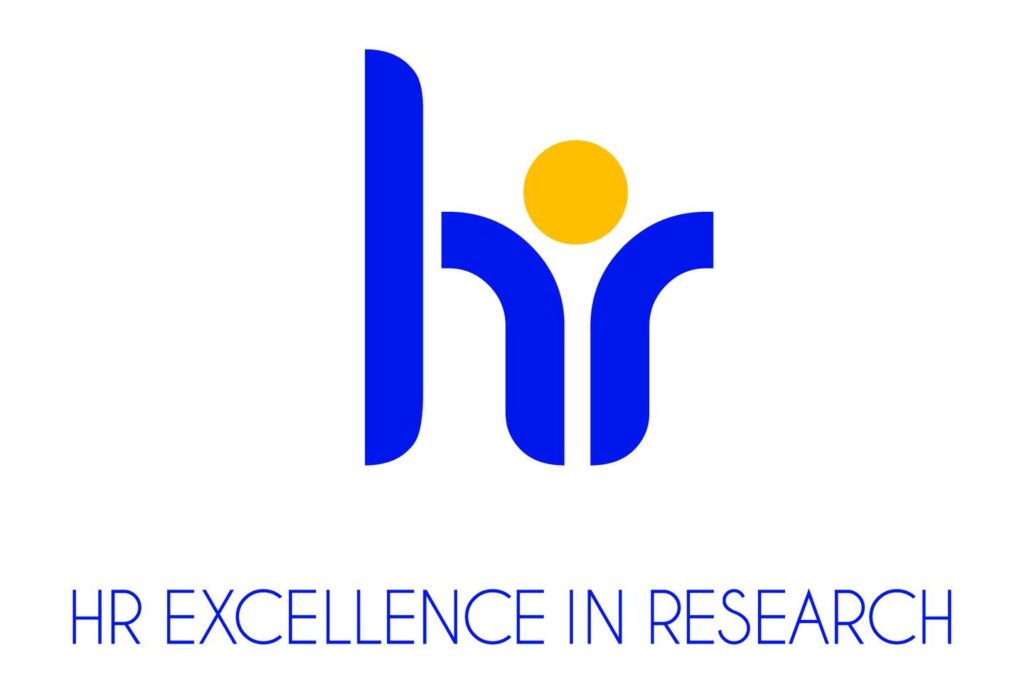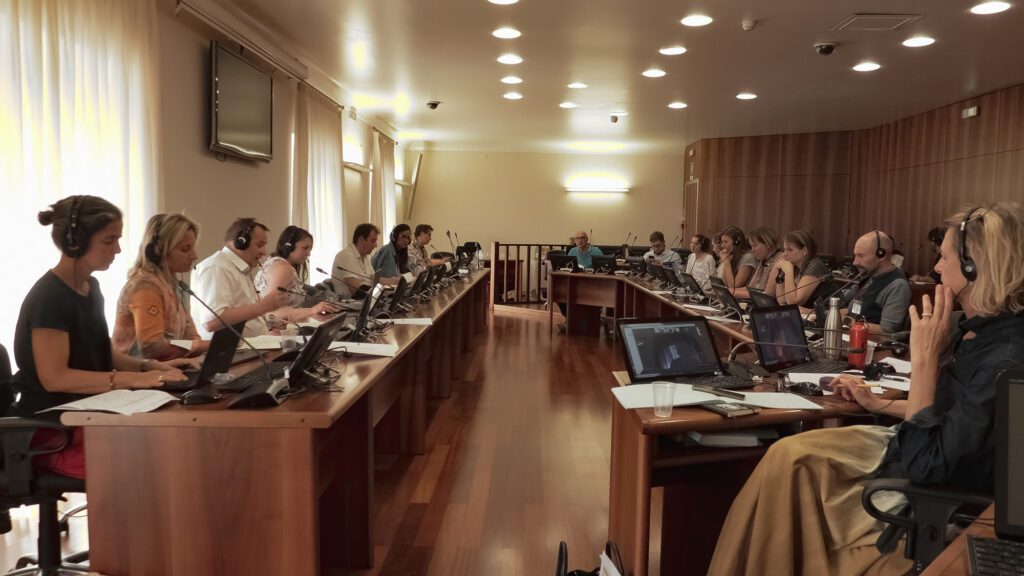The Alliance aims to strengthen research within EUNICE and to align education, research and innovation strategies. Thus, the seven partner universities have agreed to assess their individual status quo with regard to HRS4R implementation and to identify common points in their strategies and implementation measures.
CENTRAL GOALS OF THE HRS4R

In addition to customized education, research is at the heart of universities of the EUNICE alliance. A key goal for all universities is to identify outstanding talents and researchers and to create optimal framework conditions for research and innovation. The ‘HR Excellence in Research Award’ was established by the European Commission[1] to recognize institutions and universities in making progress to align their human resources policies to the 40 general principles of good practices (European Commission, 2005). These principles of the Charter & Code are implemented individually by each human resources strategy of the awarded institution and continuously improved by adapted action plans. By receiving public recognition through the ‘HR Excellence in Research Award’, these institutions highlighting their commitment to fair and transparent recruitment and evaluation procedures for all researchers.
COMPOSITION OF THE EUNICE ALLIANCE
With seven universities from seven European countries, the EUNICE alliance offers a rich diversity of institutions and research facilities. When it comes to the implementation of the Human Resources Strategy for Researchers (HRS4R) and the alignment of their human resources policies to the 40 principles of the Charter & Code, our university are at different stages of development. Three universities have already successfully implemented the HRS4R. They are improving their policies based on regular assessments, developed action plans and implementation strategies. Already recognized with the HRS4R award in our EUNICE alliance are the University of Mons (Feb. 2011), the University of Vaasa (Dec. 2014), and the University of Cantabria (Jun. 2020)[2]. All other universities in the alliance are currently in intensive discussions to apply for the ‘HR Excellence in Research Award’ or have already launched the preparation phase to submit the endorsement letter and to start the long-term commitment to align their human resources policies under the general framework of the 40 principles of the Charter & Code.
HRS4R RELATED GOALS OF REUNICE AND ONGOING MEASURES
As an important component of REUNICE (‘Research with and for society in EUNICE’), the project aims to boost research within EUNICE and to align its education, research, and innovation strategies. Universities of the EUNICE alliance agreed to assess their individual status quo with regard to the HRS4R implementation and to identify common points in their strategies and implementation measures. This topic, which is integrated in work package 4 ‘Promoting excellence in research and innovation, fostering diversity, inclusiveness and gender equality’, has already been intensively discussed in various online sessions and workshops.

In addition, the alliance established an expert working group to discuss ongoing measures and to share experiences about the HRS4R and related human resources policies. At the final phase, a joint action plan among all seven universities will be developed. This joint action plan will consist of a common strategy, recommendations, shared practices and individual measures to promote human resources development and to implement open, transparent and merit-based recruitment procedures.
MEASURE OF EUNICE UNIVERSITIES BESIDES REUNICE
Starting with the first meeting of the expert working group in June 2022, members of this working group currently collecting data on HRS4R related processes and sharing available resources. This will form the basis for collegial counseling among each other and among colleagues from universities with HRS4R and colleagues from universities without a structured implementation of the Charter & Code and HRS4R seal. A guiding document with shared experiences, applied tools and used methods will not only support members of the EUNICE alliance, but will establish a foundation to support other cooperating higher education institutions as well. The development of a joint action plan, targeted for autumn 2022, represents the overall goal of the expert working group and is defined as deliverable 4.1 in the framework of the REUNICE project. However, the expert working group already showed their willingness to continue its work as an advisory group even after the joint action plan has been submitted.
OUTLOOK
Through the ‘HR Excellence in Research Award’, universities demonstrate a long-term commitment to improve their human resources policies, including regular monitoring, evaluation, development of actions plans and measure to implement open, transparent and merit-based recruitment procedures. In doing so, the EUNICE alliance is able to rely on experienced partners and gather valuable recommendations for action. In all seven universities a wide range of measures related to the human resources are ongoing, from the improvement of framework conditions for researchers, to the recruitment of young talents up to activities to promote diversity and inclusiveness.
As a European University alliance, the ‘HR Excellence in Research Award’ bears a significant importance. As part of their cooperation in EUNICE, decision-makers of all seven universities have internalized the importance of European cooperation and the unique European educational area. The joint efforts in the framework of REUNICE and the Human Resources Strategy for Researchers provide a unique opportunity to jointly pave the way for better framework conditions for researchers in these seven universities and a more dynamic and productive research culture, and to promote excellence in research at all locations in Europe.
ABOUT THE AUTHOR:

Trained as a geographer, Tobias Matusch started working at BTU Cottbus-Senftenberg in March 2022. Previously, he worked as a scientist, development advisor, and managing director in Greifswald, Hanoi and Heidelberg, where he focused on environmental sciences, geoinformatics, and sustainable development as his main fields of competence. Outside of the university, you can find him on his gravel bike, in his kitchen, or enjoying leisure activities with friends and family.
BIBLIOGRAPHY
- European Commission (2005). The European Charter for Researchers. The Code of Conduct for the Recruitment (EUR 21620)
[1] Overview of the HRS4R https://euraxess.ec.europa.eu/jobs/hrs4r
[2] List of awarded institutions in Europe: https://euraxess.ec.europa.eu/jo





